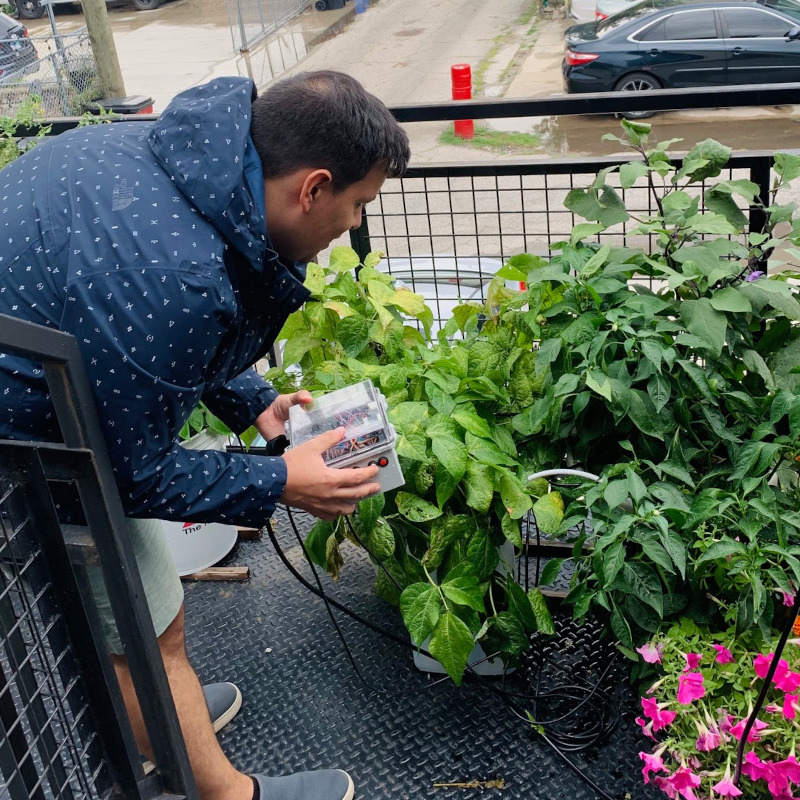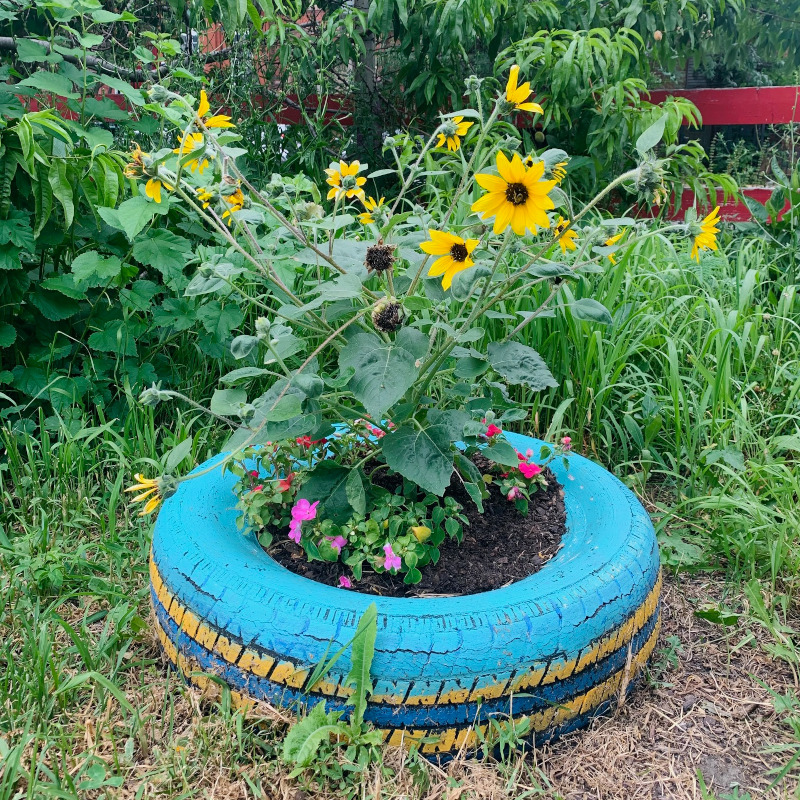How to Grow Carrots - The Complete Guide

Carrots are a rewarding vegetable to grow at home and an excellent addition to any garden. Below we share the basics of growing carrots in a home garden, as well as common mistakes and considerations.
When to Plant Carrots
Carrots are a frost tolerant vegetable. This means the best time to plant them is mid to early spring, and mid to late summer for a fall harvest. If you’re expecting a late or early frost after planting, protect your carrots with a blanket of straw or cover them with plastic buckets.
If you live in the U.S., check out the Farmer’s Almanac or the USDA’s Plant Hardiness Zones for more help regarding frost and the best dates for planting in your area.
How to Plant Carrots
Plant your carrot seeds directly in the soil of your garden or container at a depth of 0.5 inches (1 centimetre). Seeds can be planted outside or you can germinate them indoors and transplant them later. Typically, carrot seeds take about 1 - 2 weeks to fully germinate.
If transplanting, the best time to move carrot plants outside is when they reach 3 - 4 inches (7 - 10 centimetres) tall or have at least 3 - 4 true leaves.
When planting carrots in the garden, it’s best to space them 1 - 2 feet (30 - 60 centimetres) away from the nearest plant.
Interested in Container Gardening?



Join the Garden Auntie newsletter!
Get expert tips, tricks, and inspiration for successful container gardening no matter the environment. Create a stunning and thriving garden, even in small spaces!
How to Grow Carrots in Pots
The key to caring for carrots in containers is well draining soil and a pot big enough for their root system. Aim for a pot that is roughly 288 cubic inches (4,719 cubic centimetres) in size. Any old flower pots you have lying around should do the trick.
For more in depth information, check out our full guide on growing carrots in containers.
How Long do Carrots Take to Grow
On average, it takes about 60 - 90 days for planted carrot seeds to develop into a fully mature plant.
How Big do Carrots Get
Typically, carrot plants reach about 1 - 2 feet (or 30 - 60 centimetres) in height. Though this can fluctuate depending on the variety.
How Much Sunlight do Carrots Need
Carrots need at least 6 hours of direct sunlight every day in order to thrive. Be careful to place your plants in an area that receives adequate sunlight. Otherwise, they may not mature properly.
How Much Water do Carrots Need
Carrots like well draining soil that is kept consistently moist, but not wet or soggy. The amount of water it takes to achieve this effect will differ depending on the type of soil available to you.
Be sure to water your carrots on a consistent, steady schedule. This will ensure the plant yields a healthy, uniform crop.
If growing your carrots in pots, they will need to be watered more frequently than carrots planted directly in the garden.
You will know your carrots are in need of more water when their leaves wilt, yellow, and/or the plant begins to droop. But be careful, this can also happen if the plant receives too much water. This is a difficult balance for most novice gardeners. But the more time you spend with your carrots, the better you’ll be able to gauge how thirsty they are.
How to Harvest Carrots
Carrots are ready to harvest when the root is about 1/2 - 1 inch in diameter. Use a garden spade or fork to loosen the soil around the carrot. Firmly grasp the base of the stem and lift the carrot out of the ground.
